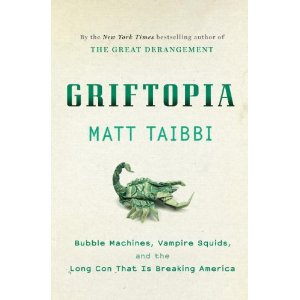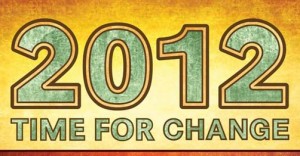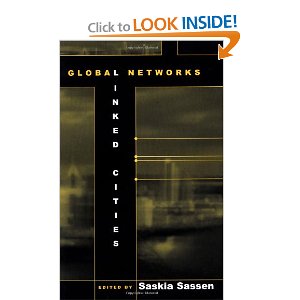
Sarah Palin Book ‘America By Heart' Hits Obama, Defends Actions (ADVANCE EXCERPTS)
Sam Stein and Lisa Shapiro, Huffington Post
19 November 2010
In her newest book, former Alaska Governor Sarah Palin sharply criticizes the record of President Barack Obama while defending her own, in the process offering an unapologetic vision of conservative politics that strongly suggests a forthcoming presidential run.
“America by Heart,” which will be officially released on Tuesday (The Huffington Post obtained an advance copy), exhibits Palin in a variety of roles: culture warrior, presidential critic, committed mother and political provocateur. Clocking in at roughly 270 pages, it reads, at times, like an episode of Glenn Beck's Fox News show. Lengthy quotes and historical research is threaded, often, around contemporary political debates. In the mind's eye of the former governor, the founders, were they alive today, would be nothing short of Palin devotees — and they would certainly be shocked by Obama.
The president makes infrequent appearances in Palin's book, but when he does surface it is in an unflattering light.
“There is a narcissism in our leaders in Washington today,” Palin writes. “There's a quasi-religious feeling to the message coming from them. They are trying to convince us that not only are they our saviors, but that we are our saviors… as candidate Obama proclaimed on Super Tuesday 2008, ‘We are the ones we've been waiting for, we are the change that we seek.'”
Obama, as Palin posits, is neither providing the change that was sought nor fulfilling the role of savior he supposedly promised. Instead, he is cast as a wealth re-distributor, a sly practitioner, and, above all else, a politician with policies antithetical to American values. This is true, she argues, on matters large and small.
Read Original Article at Huffington Post
Balance of Article Below the Line (Safety Copy)
Continue reading “Review (Guest): America by Heart–Reflections on Family, Faith, and Flag”









